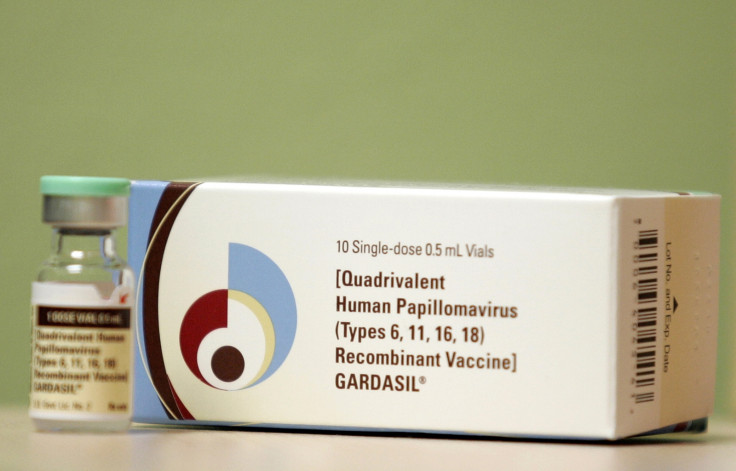Human papillomavirus infection linked to prostate cancer
HPV vaccine given to school boys may prevent future prostate cancer
The human papillomavirus (HPV) has recently been tagged as a likely cause for prostate cancer. As experts dig into more evidence, research indicates that there is a significant number of prostate cancer patients that may have likely gotten the disease from the same virus that causes cervical cancer.
A research team from the University of New South Wales in Australia was able to compile results from previous studies where they found that 22% of malignant prostate tissue also contained HPV as compared to only 7% of benign prostate tissues.
Their research also showed that countries with high cervical cancer deaths had relatively high mortality rate in patients with prostate cancer as well. However, reverse results were found in countries with low mortality from cervical cancer, suggesting that HPV was a definite contributing factor.
HPV is mainly a group of viruses that infect the skin and other moist membranes of the body. It is a sexually transmitted virus spread through unprotected sex via vaginal, oral and anal sex as well as skin-to-skin contact with genitals. There are 13 types of HPV known to cause cervical, penile and some forms of mouth and throat cancers. HPV types 16 and 18 are what causes most cervical cancers and have been linked to prostate cancer. Roughly 8 out of 10 people get infected with HPV at some point in their lifetime.
Because HPV is a highly transmissible virus, the vaccine has been recommended by medical professionals to be given to teenage girls. These recent findings strongly suggest the HPV vaccine could help lower the risk of prostate cancer if boys are given the shot at an early age. The vaccine has been made available for school boys aged 12 and 13 since 2019.
More than 57,000 men get afflicted with some form of prostate cancer every year in the UK while HPV related cancers account for 2,500 cases a year from tumours of the mouth, throat and genitals.
This certainly highlights the need for a vaccination programme as HPV is an infectious pathogen that can be prevented with a vaccine. On the other hand, medical researchers stress that having HPV is not the main cause that leads to cancer in women as well as in men. More studies are yet to be made to find the biggest link on how HPV infection causes prostate cancer other than environmental pollutants, lifestyle and genetics.

© Copyright IBTimes 2024. All rights reserved.





